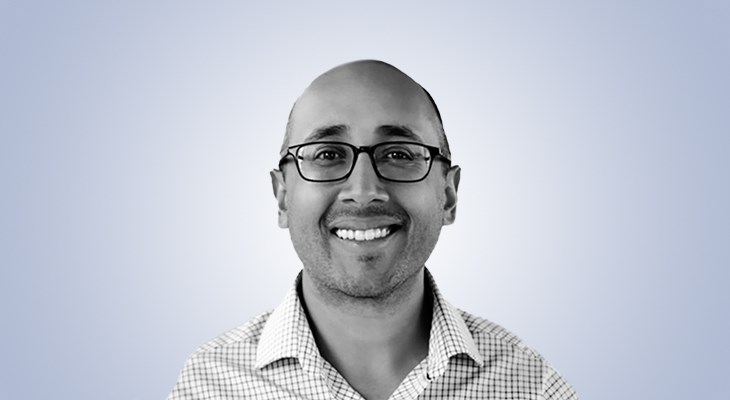Under the leadership of CEO Suk Shah, Monarch Collective is the third largest short-term vacation rental manager in the country, managing and operating some 5,500 units across the states. The company is put together by a consortium with its parent, StoicLane, a private equity platform. And they're executing a roll-up strategy by acquiring lower mid-market platforms in the space and putting them together.
On the monarch platform, Shah has completed more than 20 acquisitions over the past 18 months. Part of that has been done because the credit markets are functioning, they're just tighter than they have compared to the past few years. But given the conditions in the market, he told those in attendance at the 2023 Chicago Smart Business Dealmakers Conference that everything from an operational viewpoint just needs to be that much tighter.
"So for us, our fixed covenant ratios or EBITDA to debt ratios, they're no longer five times. It's closer to three and a half. So, when we're buying a business, the amount of add-backs that we can do for leadership or synergies or costs, that basket is shorter, it's smaller, it's tighter," Shah says. "That just means that our operational focus has to be razor sharp. Our focus on profitability, our focus on cashflow, our focus on execution is paramount. And so, it just puts a different lens to how do you think about growth."
Compared to three years ago during the pandemic, he says the thinking was to run for projects that are going to create this many S curves, to now really looking at one critical project and see if that's going to generate ROI. That, in many ways, helped create a lot more discipline around how to think about where to invest CapEx, where to think about growth, and deliberately driving more cash flow to provide more flexibility on covenants. Now, for companies that can demonstrate that they are one of the better operators in the space, and haven't missed a covenant and have clean reporting, the capital is plentiful and available.
He's keeping his eye on factors such oil prices, even student debt and mortgages and how they're affecting the market. To him, the situation means he just has to stay sharp.
"I look at our capital partners as we're all in this together," he says. "It's a flywheel. So, feedback from them helps inform how we run our businesses and how we think about, are we going to do that next acquisition? Or are we going to be intelligent about it?"
To finance the business, Shah says he tries to use a balance.
"We're fortunate enough to use money center banks to do very critical operations like treasury management, cash. We hold a lot of deposits on behalf of consumers. And so, there's a lot of interesting structures we could do with cheaper, lower-leverage facilities with money center banks that are focused on core profitable business," Shah says. "And then we could layer on, whether it be mezzanine or some other type of private credit lending facility, to do more strategic or riskier acquisition financing."
When it comes to potential financing solutions, he says he sees his business as a two headed monster.
"Your core portfolio, which you nurture and generates really strong ROI and cash flow, that can go into a basket where low-risk lower covenants operating well. Your riskier bets, new acquisition financing, go into more of a private facility that is a little bit higher leverage but a little bit more rate," he says. "And it tends to work quite well, because you have this basket, albeit smaller in terms of how to move funds around, it allows you to test a little bit. But the discipline is really key here. You mess something up, and it could actually turn upside down."
He says as valuations on acquisition targets have come down, he's subsidizing how he thinks about equity dilution with the fact that he's buying things for a little cheaper. But with SOFER where it is, he says it's putting a pretty big dent into margins after working capital. So, he says they're looking at ways to be intelligent about capital allocation. And because of that, their equity position is pretty locked in.
"We're permanent capital so we have more flexibility than a closed-end fund. But having said that, we definitely have hurdle requirements in terms of what we need to do with respect to MOIC," Shah says. "And that's not changing. it's actually just the hurdles are even getting bigger. So, it just comes down to discipline. Honestly, we're probably looking at slowing it down a little bit, focusing on harvesting the cash flow to a point where we can reinvest some of those cash flows, use our own equity dollars to do deals versus go out and pay 15 percent to do acquisition financing. So, that's the calculus that's changing a bit. And if you think about what the Fed is trying to do — and not that we're on one side of the debate or the other — those are the intended consequences of expensive capital. It's going to slow some things down and it's going to make things a little bit more expensive."




